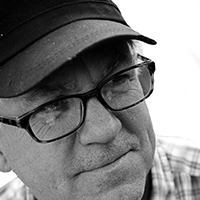Culture
New York Daily News Archive/Getty
How W.C. Fields Helped End Prohibition
Celluoid Cocktails
The groundbreaking comedian, who died 70 years ago, has arguably become the face of drinking in America.

Trending Now
Crime & JusticeUnshaven Luigi Mangione Shows Signs of Stress in Court
Crime & JusticeLuigi Mangione Judge Married to Former Healthcare Exec





